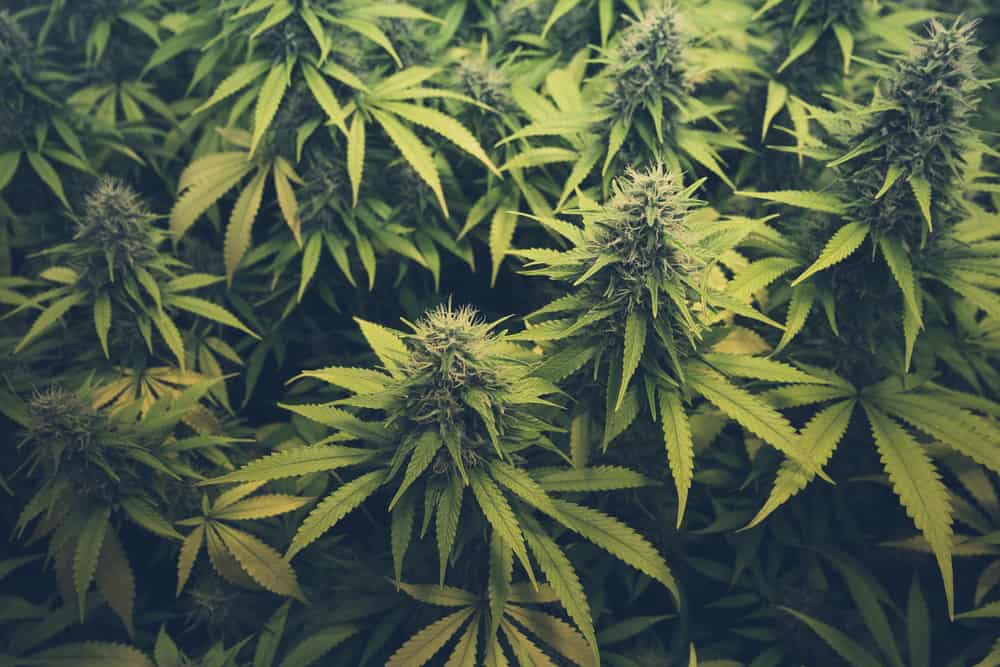
The effects of the cannabis plant change greatly depending on how much cannabidiol (CBD) and tetrahydrocannabinol (THC) is in a strain. The latter is the component that produces the psychoactive effects which make cannabis so unique, while cannabidiol (CBD) does not have any of these intoxicating properties.
Both CBD and THC are known as cannabinoids, and they have therapeutic value when consumed separately, and together. CBD works wonders and did you know that you can buy CBD wholesale products very easily? In this post, we’ll explain how CBD differs to THC, and highlight a few conditions that Kanna CBD hemp-based CBD products may be effective for.
CBD is non-psychoactive
THC may be psychoactive, but CBD is not – if anything, CBD is anti-psychoactive. Let us explain. The psychoactive effects of THC come from this potent cannabinoid binding to CB1 receptors in the central nervous system. CB1 has an influence on our mood, and the strong effects of THC are why it has such a peculiar mind-bending, and reality-changing effect.
In stark contrast, CBD is a CB1 receptor antagonist, and this serves to reduce activity at the receptor, and the effect that CB1 receptor agonists have. Therefore, cannabis strains with higher concentrations of CBD can somewhat neutralize the psychoactive influence of THC. The moderating effect of CBD on THC is played out in several other areas, including the hippocampus brain region.
CBD regulates the endocannabinoid system
THC can be considered an interventionist cannabinoid, which binds to the CB1 and CB2 receptors to provide potent relief from the likes of pain and inflammation, and deliver rapid and short-term boosts to mood and appetite.
However, CBD takes a different approach, not actively working with the cannabinoid receptors, but enhancing endocannabinoid concentrations so that the body’s endocannabinoid system (ECS) can regain its natural order. For instance, the endocannabinoid anandamide is capable of binding to CB1 and CB2 receptors, but it’s much less potent than THC. Increasing the concentration of anandamide, as CBD does, is therapeutic for the ECS, without significantly altering it as THC does.
CBD reduces anxiety
Cannabis can make anxiety worse while a user is under the influence, with the psychoactive effects causing them to lose touch with reality. THC is also prone to bringing about bouts of paranoia. One likely factor for these side effects is the spike of activity that THC causes in the brain, which is notorious for leading to anxiety.
However, CBD reduces anxiety, having the opposite, calming effect on the brain – once again, we see how CBD and THC often work in completely contrasting ways. Because of the anxiety-inducing properties of THC, CBD is more effective as an anti-anxiety treatment when taken in isolated form, rather than as part of a whole-plant solution.
CBD may treat psychosis
There are also positive signs that CBD could treat psychosis and schizophrenia more effectively than existing anti-psychotic drugs. While THC has been loosely linked to triggering these mental conditions, it is the opposite effect of CBD which explains why the cannabinoid may have such potent therapeutic value. CBD working as an antagonist of the CB1 receptor is believed to be the mechanism in which it alleviates psychotic and schizophrenic symptoms, although more research is necessary to know for certain.
So, is CBD better than THC?
This the 64-million-dollar question, and one that has no simple answer. Whether CBD is “better” than THC is dependent on what ailment you are trying to remedy in the first place. As we have shown, for anxiety and psychosis, CBD is more valuable as an individual treatment, because it doesn’t have any of the aggravating effects of THC.
However, that doesn’t tell the whole story. For other conditions – as shown by the research that Dr Ethan Russo has done on fibromyalgia and migraines – a whole-plant treatment may deliver extra therapeutic effects.
The entourage effect
One key reason for this is the heralded ‘entourage effect’, a bizarre but remarkable synergy that takes place between cannabinoids when they are consumed together (i.e. in the single entity of the cannabis plant). It seems as if the effects are much more potent than if the cannabinoids were to be enjoyed separately.
We have also seen some CBD companies try to harness the entourage effect by making full-spectrum wholesale CBD products. These are non-psychoactive as they are made from hemp, but they do have all the cannabinoids in hemp, rather than just the CBD.
Final thoughts
Just because CBD is different to THC doesn’t necessarily mean it has to be a case of one or the other. In some situations, CBD alone works best, in others, a full-plant treatment may be better.
